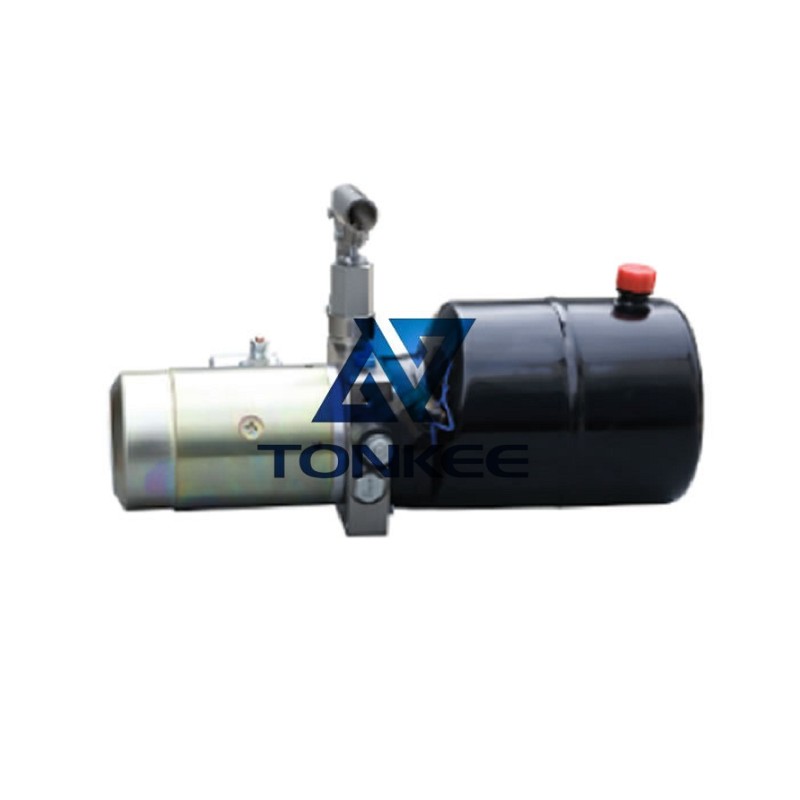
Power Source: These units are typically powered by internal combustion engines, electric motors, or power take-off (PTO) systems from the prime mover, such as a truck's engine.
The choice of power source depends on the application and energy availability.
Flow Rate: The flow rate of the hydraulic fluid is a critical specification. It is usually measured in liters per minute (LPM) or gallons per minute (GPM) and determines how quickly the hydraulic system can move the load. For tipper trailer HPUs, flow rates often range from 20 to 60 LPM (5 to 16 GPM).
Pressure Rating: The pressure rating, measured in pounds per square inch (PSI) or bar, indicates the maximum pressure the hydraulic system can generate. Typical pressure ratings for tipper trailer HPUs fall in the range of 2,000 to 3,500 PSI (138 to 241 bar).
Reservoir Capacity: The reservoir holds the hydraulic fluid and plays a vital role in dissipating heat and maintaining the fluid's cleanliness. Tipper trailer HPUs typically have reservoir capacities ranging from 10 to 30 gallons (38 to 114 liters) or more, depending on the application's requirements.
Pump Type: The type of hydraulic pump used in the HPU can vary, with gear pumps, vane pumps, and piston pumps being common options. The choice depends on factors like flow rate, pressure requirements, and efficiency.
Valve Configuration: HPUs often include various hydraulic valves, such as directional control valves, relief valves, and check valves. These valves control the flow and pressure of the hydraulic fluid to ensure safe and efficient operation.
Control Mechanism: Tipper trailer HPUs may be operated manually or with more advanced electronic controls.
Manual controls are simple and cost-effective, while electronic controls offer precise and automated operation.
Mounting Options: HPUs can be designed for various mounting configurations, such as skid-mounted, trailer-mounted, or integrated directly onto the tipper trailer chassis. The choice depends on the specific application and space constraints.
Cooling System: Effective cooling is crucial to prevent overheating of the hydraulic fluid. Many HPUs come equipped with air-cooled or liquid-cooled systems to maintain the fluid's temperature within safe limits.
Safety Features: Safety is paramount in hydraulic systems. HPUs may include features like pressure relief valves, emergency stop buttons, and overload protection to prevent accidents and damage to the equipment.



 English
English Türkçe
Türkçe


